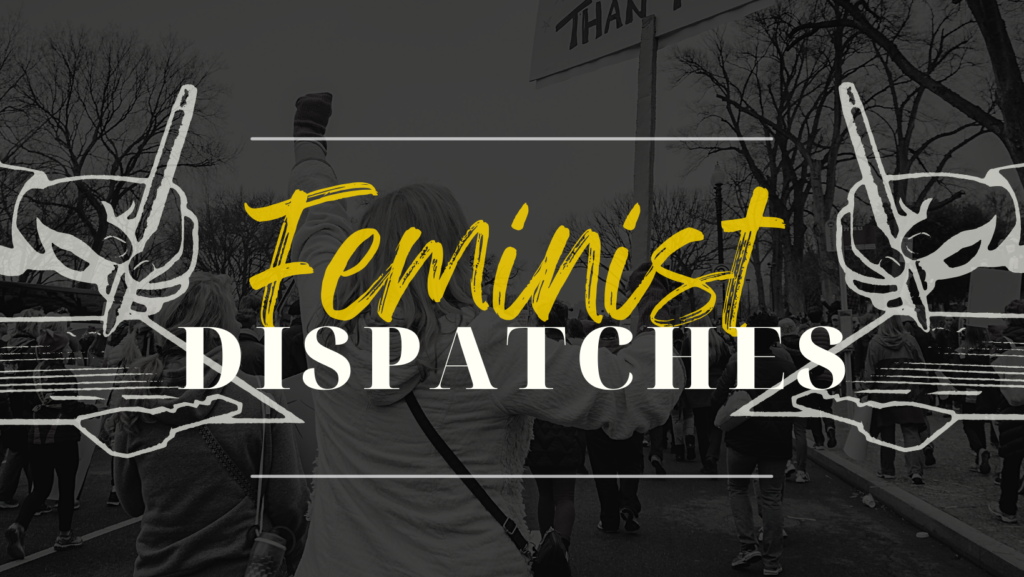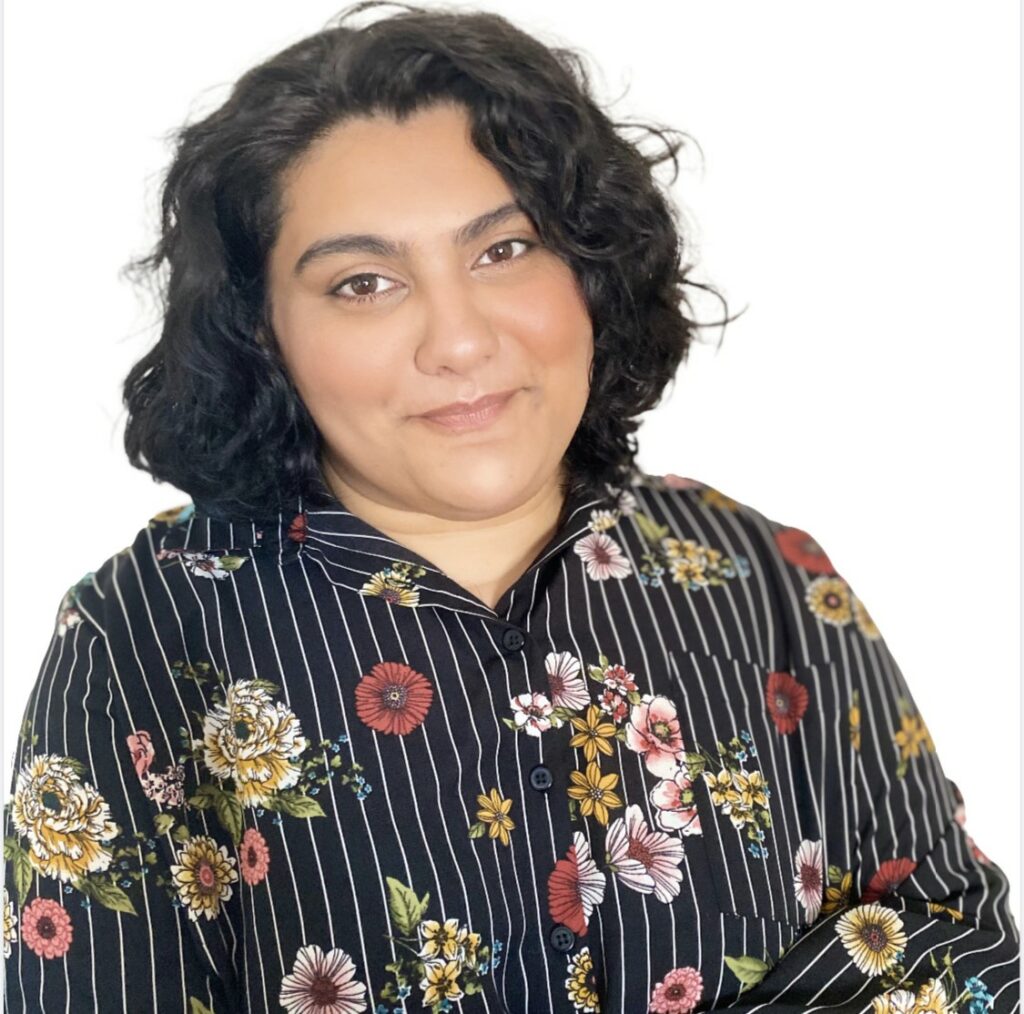Contributed by Kanishka Sikri

On November 11, 2023, a workshop on women’s oral histories at the University of Toronto, brought together a dozen feminist scholars. Led by Professors emerita Meg Luxton (York University) and
Joan Sangster (Trent University), their collective reflections based on their research, experiences, and pedagogy, shed light on the intersection of methodology, ethics, and feminist theory within the context of both conducting and archiving women’s oral histories.
Oral History as a Way of Understanding Lived Experience
Structured as a space for organic discussion, the day was organized loosely in two panels with ample time for brainstorm and collective discussion woven in between. In the morning panel between Karen Flynn (University of Illinois) and Nancy Janovicek (University of Calgary), they emphasized the significance of oral history not only as a source of information but also as a methodology for understanding lived experiences. Professor Flynn delved into the complexities of framing narratives within anti-colonial and anti-racist feminist frameworks. She urged us to grapple with the challenge of articulating Black Canadian feminist perspectives, navigating the lack of specificity in existing frameworks, and the need for us to centre the experiences of Black women within the Canadian context in our research practices.
"Professor Flynn...urged us to grapple with the challenge of articulating Black Canadian feminist perspectives, navigating the lack of specificity in existing frameworks, and the need for us to centre the experiences of Black women within the Canadian context in our research practices."
Kanishka Sikri
Janovicek offered similar reflections on the ethical dimensions of oral history research, critiquing the rigidity of institutional protocols and highlighted the need for flexibility in navigating ethical considerations, particularly concerning anonymity and the preservation of relationships with participants.
"Janovicek underscored the importance of listening and learning from Indigenous communities, challenging assumptions, and cantering Indigenous voices within feminist research."
Kanishka Sikri
Drawing on her experiences, Janovicek underscored the importance of listening and learning from Indigenous communities, challenging assumptions, and centering Indigenous voices within feminist research. She urged researchers to engage in deliberate dialogue with communities, recognizing the precarity of fully depending on organizational structures and the importance of reciprocity in our research practice.

Tensions between Preservation and Accessibility in Archival Practices
In the afternoon panel discussion between Lorna Chisholm (Library and Archives Canada) and myself, we discussed the strengths and challenges of archives, which act as crucial reservoirs and vessels for preserving and accessing women’s narratives, but at the same time, often replicate the systems of erasure and marginalization that they seek to display. Drawing from her wealth of experience as a Senior Archivist, Chisholm emphasized the dual imperatives of preservation and accessibility within archival practices.
"Chisholm emphasized the dual imperatives of preservation and accessibility within archival practices."
Kanishka Sikri
She acknowledged the tensions arising from interviewees grappling with issues of representation and identity, highlighting potential discomfort in entrusting their stories to institutional archives. She provokes us to consider: what are the inherent tensions interviewees face when confronting issues of representation and identity in entrusting their stories to institutional archives? How might archival staff navigate preservation intricacies while ensuring narratives remain authentic and accessible?
I similarly shared my hopes and hesitations on feminist oral histories research. On one hand, I agreed that the work of finding and archiving these histories is important to challenge the epistemicide of the academy, but I think we as researchers need to delve much deeper into the complexities of archival work and its resonance for those whose stories are so often obscured and obliterated from the archive.
"It’s not just a matter of getting the stories into the archive, but...how we have done the research, where it was conducted, what types of questions we asked, how we responded to the answers, how [have] we built the relationships that make research possible."
Kanishka Sikri
It’s not just a matter of getting the stories into the archive, but questioning how we have done the research, where it was conducted, what types of questions we asked, how we responded to the answers, how have we built the relationships that make research possible. How we research informs the research that is created—what we do makes certain stories possible and certain stories impossible. I resonated with the transformative potential of archives in challenging epistemic violence, but still tried to understand how alternative research and archival practices (such as more collaborative and reciprocal interviewing and storytelling strategies) can allow us to work within these complexities a bit better.
Challenges and Possibilities in Oral History
Throughout the workshop, as feminist scholars, we engaged in critical discussions about the challenges and possibilities inherent in oral history research. We grappled with questions of identity, representation, and power dynamics, interrogating whose voices are privileged and whose are marginalized in the archival process.
"We grappled with questions of identity, representation, and power dynamics, interrogating whose voices are privileged and whose are marginalized in the archival process."
Kanishka Sikri
We questioned how best to work with the inherent power dynamics and issues of representation within the researcher-participant relationship. We explored the intersectional complexities of identity, considering how race, class, gender, and sexuality shape women’s experiences and narratives within archival spaces. Our discussions also extended beyond research practices and archival preservation to probe the broader implications of technology and digitalization in oral history research. Participants wrestled with ethical considerations surrounding online accessibility and privacy infringement, particularly for marginalized communities.
We left with a set of questions we hope to continue exploring:
- How do systemic power structures intersect with online accessibility and privacy infringement, particularly affecting marginalized communities in their oral history representation? How can feminist researchers challenge and dismantle these power dynamics within digital archival landscapes?
- Whose narratives are elevated and whose are marginalized within the archival process, and how are these dynamics influenced by intersecting identities such as race, class, gender, and sexuality? In what ways can feminist methodologies disrupt dominant narratives and amplify the voices of historically marginalized women within archival spaces?
- What strategies can feminist researchers employ to navigate the inherent power differentials within the researcher-participant relationship, particularly when collecting oral histories from marginalized women? How can reflexivity and intersectional analysis inform ethical research practices and challenge researcher biases?
- In what ways can feminist oral history research disrupt traditional notions of knowledge production and challenge epistemic violence within academic and archival spaces? How can researchers prioritize the agency and self-representation of women from diverse backgrounds in their archival work?
- How can feminist oral history methodologies leverage technology and digitalization to enhance the accessibility and preservation of women's narratives, particularly for those from historically marginalized communities? What ethical considerations must be addressed to ensure the responsible use of digital archives in feminist research?
